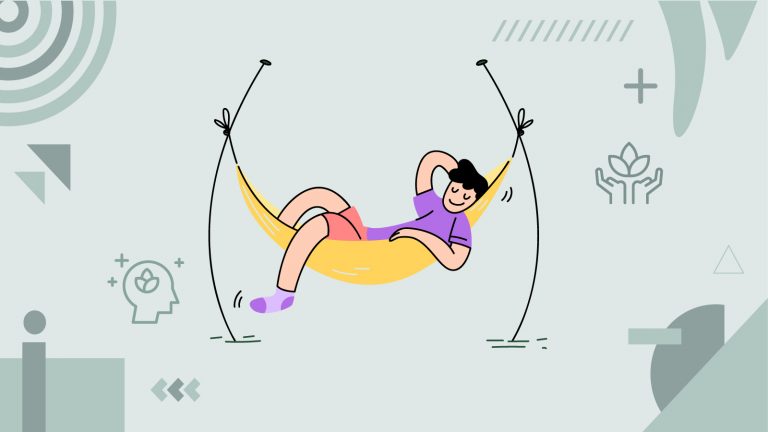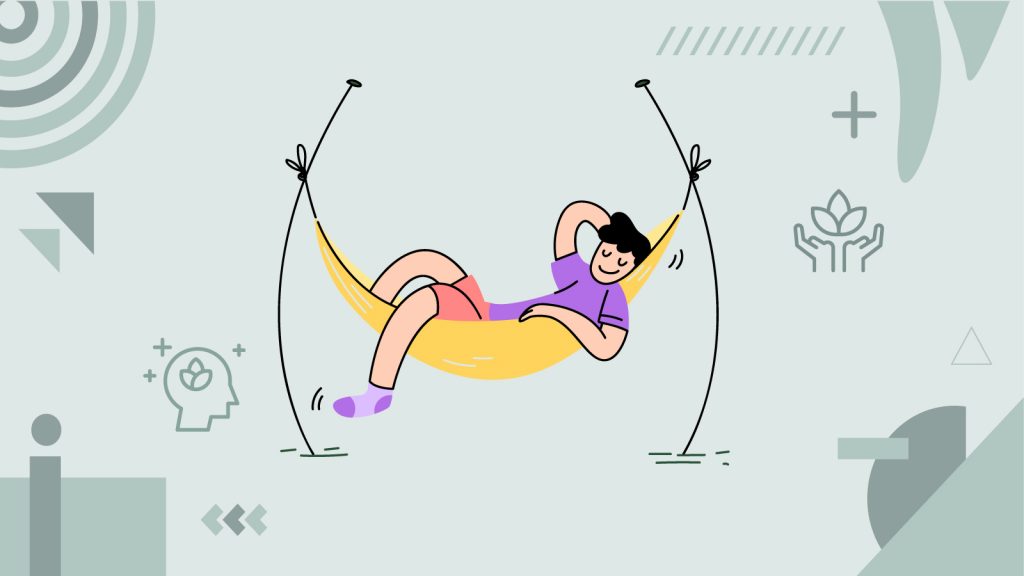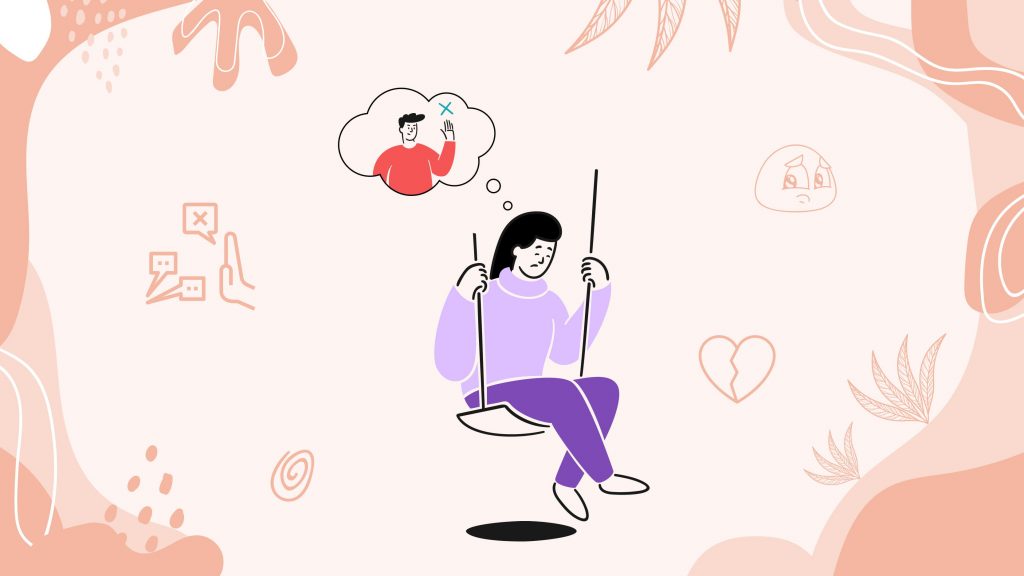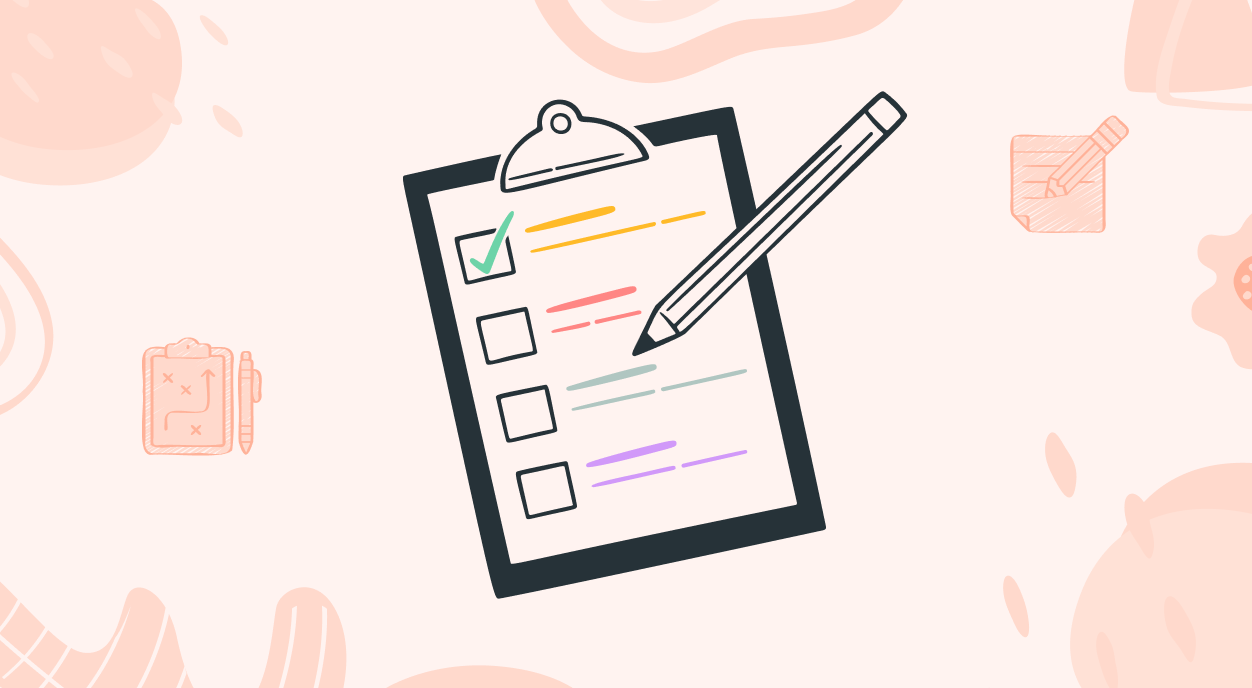When we talk about slowing down in life, you might envision dropping tasks and chores off your plate. You may equate slowing down with doing less work and mistake it for being unproductive.
However, this is not the essence of slowing down, especially in a world filled with technological advancements designed to speed up our pace and help us do more in less time.
So, let’s dig deeper and investigate further to see how we are so caught up in the maelstrom of life that we forget to live in the present moment.
Answer these questions:
🤔 How long has it been since you enjoyed a nature walk? (it should be other than having any health or fitness purpose.)
🤔 How long has it been since you found a quiet spot to watch the sunset, allowing yourself to be present in the moment and experience natural beauty?
🤔 How long has it been since you took some time to relax and rejuvenate in a solo retreat?
Don’t shy away, even if the answers to all those questions come out as ‘no.’ Surely, you must have been so preoccupied with deadlines, commitments, and the constant urge to stay productive that these simple pleasures of life have taken a back seat.
But is it the right thing to do? Stop for a while and ask yourself.
What does it mean to slow down in life?
Slowing down in life essentially means giving life its due share of focus and attentiveness.
Have you ever noticed how you start your day and run a marathon till the end of the day—fulfilling your tasks and duties? How often have you stopped at the roadside to enjoy the side scene? Or how often have you entertained the thoughts of doing deep breathing in the middle of the farm while commuting to your workplace?
Do you think you deserve to live or breathe only when you are on a break? Other than going for work breaks and taking time to recharge your own batteries, there are ways in which you can start to feel more alive.
Stop multitasking and immerse yourself in the task that you are doing; it will make you feel more focused and energized. Don’t rush through your meals; try to savor every bite and know how it feels to indulge in mindful eating. Don’t overfill your calendars to run from appointment to appointment and drain your energy for the day; instead, reserve a fair share of time to relax.
Ways to Slow Down in Life
Feeling the need to slow down in life often comes with experience. Only when the hustle and bustle of daily routines begins to overwhelm us, prompting a realization that mindfulness and intentional living are essential for our well-being.
#1: Prioritize What Truly Matters
When we say prioritize what truly matters, it means focusing on the elements of life that bring true joy and happiness. When we try to do a lot of things in an attempt to be productive, we often follow a pace that costs us our mindfulness. This is where we must understand the true relevance of practicing mindfulness in our daily lives and make it a practicable and inseparable part of our routines.
To achieve it on a practical scale, create a priority routine. Write down the list of activities and tasks that you need to perform in a day and line them up from top to bottom based on their priority. Do not fall for the trap of completing every task, even when it feels draining on the physical and mental front. Spend a few moments each day reflecting on how you spent your time. Did you focus on what truly mattered to you? Adjust your approach as needed.
Inherited Value: By focusing on what truly matters, you cultivate a sense of purpose and fulfillment, leading to increased mindfulness and reduced stress.
#2: Connect With Nature
Have you ever noticed how we turn to nature whenever we feel sad or dejected in life? It’s because nature has a healing touch. Whenever we want to renew our natural batteries, nature is the first resort that comes to mind. Therefore, resorting to nature is by far the best means to give yourself the taste of peace and joy.
Try to make it a ritual to spend time in nature. You may pick the activity of your choice, whether it’s a hike, a walk in the park, or simply sitting in your backyard. Combining mindfulness will give you additional benefits. This can enhance your appreciation for nature and promote relaxation.
Inherited Value: Connecting with nature can significantly reduce stress, improve mood, and foster a deeper sense of well-being.
#3: Learn the Art of Saying ‘No’
The problem arises when we say yes to everything. Learning to say no is a great practice that can land you in better shape and place. You may feel compelled to cater to others’ requests and complaints but understand that following your inner compass is crucial if you don’t want to start an inner conflict. So before agreeing to any commitments, ask if they align with your values and inclinations. And if it doesn’t, don’t hesitate to decline them. Incorporate the ritual of practicing assertiveness by saying no whenever you want to and catering to larger commitments.
Inherited Value: By setting boundaries, you protect your time and energy, allowing you to focus on what truly matters to you.
#4: Practice Mindfulness
Remember sitting on the corner bench of a garden and feeling utter calm and serenity? This is how nature and mindfulness work wonders together. Whenever you are stuck in the zone of flowing with the pace of life, pause and reflect on life’s purpose. It will deepen your insight and will set you free from stress, doubt, and anxiety.
For this, you can set aside a couple of minutes to practice mindfulness (try using a singing bowl to intensify your practice). You can also focus on your breath and observe your thoughts without judgment. Besides, you can incorporate the practice of mindfulness into almost everything you do, such as eating, walking, or even washing dishes.
Inherited Value: Practicing mindfulness allows you to develop greater self-awareness and emotional regulation.
#5: Limit Screentime
We may not realize it, but facing screens can make us feel utterly depressed. Think of a regular day at work. Ever noticed how you desperately want to go outside when sitting in front of your laptops the whole day? This tells us about the ill effects of excessive exposure to screens.
To do this, you can take practical steps to do the digital detox. Just as we detox our bodies of all the toxins or waste, we can do the same to limit digital content consumption. You can set digital detox days and install apps that help track your screen time—citing the usage of every app. Other than this, you can consider setting boundaries for yourself, which will help you establish specific times for using screens. For example, avoid screens an hour before bed or during meals.
Inherited Value: By limiting screen time, you can enhance your mental health and improve your overall quality of life.
#6: Be Attentive
Being attentive means living each moment with complete attention and mindfulness. It could be performing a specific task, engaging in a conversation, doing household chores, or spending a regular day at office. Remaining present in a moment and dropping unnecessary concerns and worries from our minds is how we can fully live every moment.
Let’s pinpoint a few practical courses of action that you can take to increase your level of attentiveness. Drop all your thoughts running at the back of your mind when conversing with someone. Give them your complete focus and attention. It will increase your self-awareness and allow you to become more present in the moment. The same principle applies to almost every task or activity that you take up. Among the practical tips to increase your attentiveness, you can work towards active listening and limiting distractions.
Inherited Value: Cultivating attentiveness improves your relationships and communication skills, as it allows you to engage more deeply with others.
Quick Tips to Slow Down in Life
- Take breaks between your work and other activities that you perform. It will help you reconnect with yourself and do your work with greater involvement and participation.
- Spending time in nature is another way of admiring life and slowing down its pace. Take a walk outdoors or sit in a park to reconnect with nature and clear your mind.
- Set clear boundaries between work and your personal time. This will help you perform the task with greater efficiency.
- Make time for hobbies like reading, painting, and exercising. These will help you break the monotony and develop your creativity.
Practicing deep breathing is not only beneficial for our health but also helps us stay alert to the present moment.
Final Reflection
In a world that often feels fast-paced and overwhelming, slowing down can be a transformative journey. If you often experience feelings of overwhelm and anxiety, it’s a clear indication that life’s pace needs adjustment. Incorporate the steps of practicing mindfulness, setting clear priorities, limiting screen time, and taking time to connect with nature and your inner self.
As you incorporate these practices into your daily routine, you’ll cultivate a sense of peace and clarity that enhances your overall quality of life.
So, take a deep breath, pause, and start your journey toward a slower, more mindful existence today. The moments you cherish are waiting for you to savor them.





















